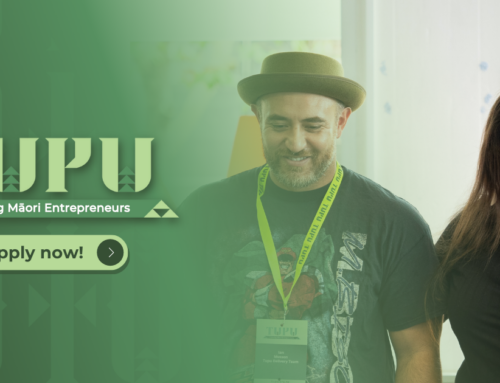A recent study into the social impact of interventional Māori education has found that for every dollar invested, students are receiving almost twice as much value in return.
Te Kete Aronui: Social Return on Investment report published today by Te Pūtea Whakatupu Trust (TPWT) and Whānau Ora Commissioning Agency (WOCA) has revealed that their four-year, $4 million literacy and numeracy intervention has delivered over $7 million in targeted social impact to Māori learners.
The report measured tangible and intangible value generated by the WOCA-led interventional educational programme, Te Kete Aronui, against a set of financial measures, calculating that after just one year of participation, every dollar invested generates a social return of $1.72 for ākonga Māori.
“This report quantifies the social impact made possible with a by Māori, for Māori approach to education – impact our tamariki may not have otherwise received without targeted intervention,” says Te Pūoho Kātene, Kaihautū of Te Pūtea Whakatupu Trust.
“What we see here are benefits that far outweigh the initial investment, and evidence that yet again re-affirms the significant value in investing in targeted Māori education.”
Established in 2011, Te Kete Aronui was developed as an innovative solution to addressing the inequities for Māori learners in the mainstream education system.
The programme pairs existing teaching tools recognised by the Ministry of Education with a tikanga-centred whānau ora approach designed to accelerate the learning and achievement of Māori students.
Findings from the report have found that investment into Te Kete Aronui has not only improved the core literacy and numeracy skills of participating students but has also resulted in a significant positive impact on student confidence, motivation, and behaviour.
“After a successful decade delivering tailor-made education that is culturally appropriate for our tamariki, Te Kete Aronui is clear evidence of the change that is required – I put the challenge to the Government that they catch up to our forward way of thinking,” says Hon. John Tamihere, CEO of Whānau Ora Commissioning Agency.
The recommendations of the report echo the Education Review Office’s Kura Huanui report, which identifies a holistic approach as a key component in fostering Māori education success.
“Previous research has shown us that there is a gaping need in our education system for programmes like Te Kete Aronui as we continue to see the one-size-fits-all approach to education contribute to inter-generational cycles of inequity and poverty,” says Kātene.
“Te Kete Aronui bridges the gap where mainstream education falls short, rather than trying to find a way for our tamariki to fit, we are providing a system which fits around them.”
To find out more about the programme and the findings of the report, see here.






